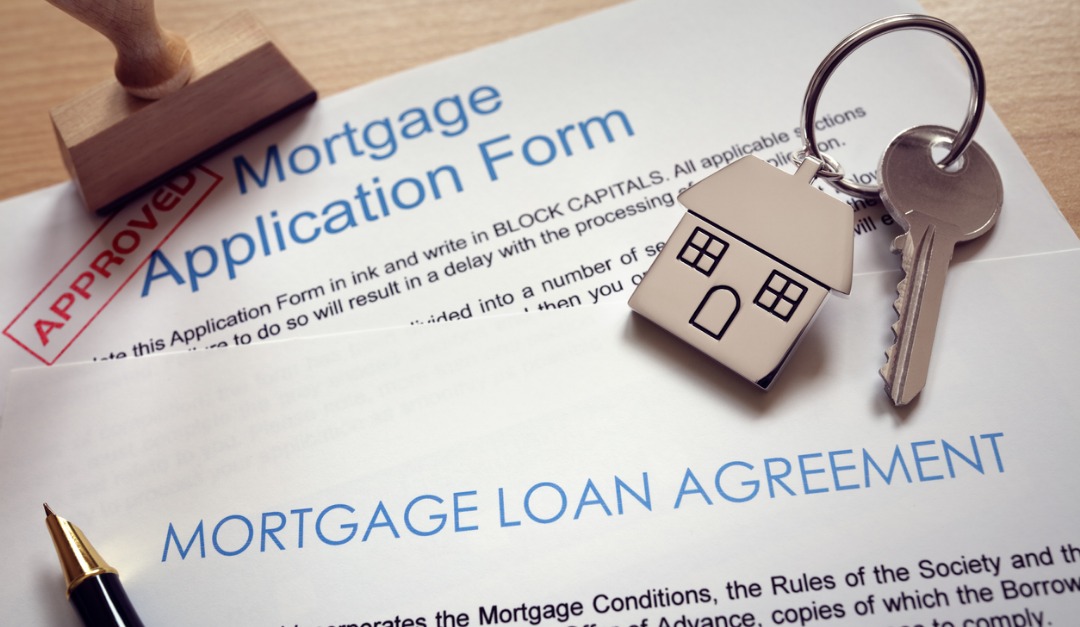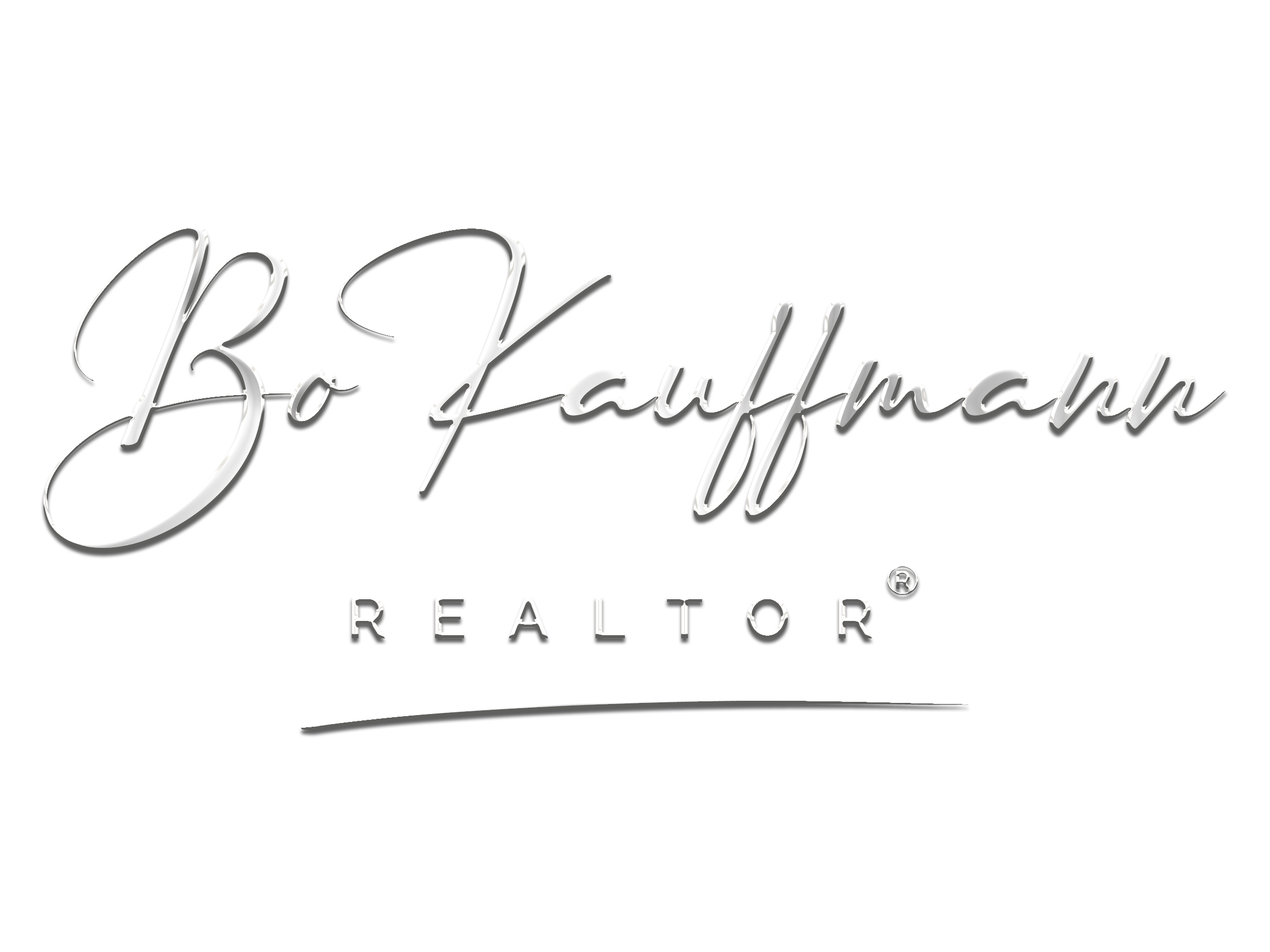
4 Mortgage Fears That Keep You From Committing
Buying a home is one of the biggest decisions you’ll make in your life. Despite the practical advantages of homeownership, applying for a mortgage can be a deterrent for even the most certain buyer. Some hesitation is normal, but most mortgage fears are unfounded, even if you have a low credit score, debt and an uncertain job status.
Your Credit Score
A dismal credit score is probably the most common fear that stops a potential homeowner in their tracks. While it’s true that lenders are less likely to dole out a mortgage to just anyone than they were 10-15 years ago, a lower-than-average score will not necessarily be a black mark against you. You’ll likely just have to pay a slightly higher down payment.
Fluctuating Finances
Many prospective mortgage applicants avoid chasing their dream due to concerns that they don’t make enough money, their credit score is too low or they have too much debt to qualify. Sometimes these fears are not rooted in reality. Where there’s a will, there’s a way, and the odds of being approved aren’t as low as you might think. It’s worth it to meet with mortgage lenders and seek out their advice.
Down Payments
Lenders typically demand a 20 per cent down payment prior to approving a loan, but this isn’t always the case. If you don’t have enough for your down payment upfront, there’s no need to walk away—just ask your lender if they have an alternative payment plan. Many lenders in Canada will allow you to put down much less than the traditional down payment, even a mere 5 per cent, with the caveat that you are expected to make it up with private mortgage insurance (PMI). These monthly payments are added to your existing housing costs.
The Expense
For some reason, in spite of lots of evidence to the contrary, the myth that owning is more expensive than renting prevails. While owning can get pretty costly when property taxes fluctuate or you need to repair damage to your roof after a storm, it’s still more financially advantageous to own over the long term. Not to mention, you’ll be eligible for certain tax breaks that aren’t accessible to renters.
